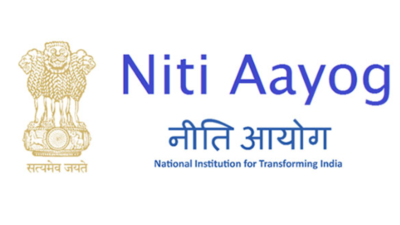FDI landscape: Niti Aayog suggests easing regulations for Chinese investment; 24% stake may be allowed without clearance

Niti Aayog has recommended a major policy shift in the country’s global investment landscape, proposing that Chinese entities be allowed to acquire up to a 24% stake in Indian companies without the need for additional security clearance.The move could potentially ease the investment process for firms from the neighbouring country, which currently face lengthy delays due to mandatory government approvals.Under existing rules, any investment from Chinese entities requires security clearance from the Indian government. These restrictions were introduced in July 2020, when India barred companies from countries sharing a land border from participating in government procurement contracts, citing national security concerns and the need to avoid hostile takeovers. Such bidders must register with a committee set up by the department for promotion of industry and internal trade (DPIIT), and obtain political and security clearances from the ministries of external and home affairs, respectively.“The report has gone. We need to see what happens,” a government official told ET, indicating that the proposal is now under review. As of now, the report is being examined by key ministries including finance, commerce and industry, and external affairs.The timing of the proposal is notable, coming soon after external affairs minister S Jaishankar’s first visit to China in five years. During his meeting with Chinese foreign minister Wang Yi in Beijing, Jaishankar raised concerns over restrictive trade practices and barriers to economic cooperation, particularly in the context of China’s restrictions on rare earth magnet exports to India. The EAM also discussed the issue of faster de-escalation along the Line of Actual Control (LAC) in eastern Ladakh, on which, both sides reportedly agreed to take additional and practical steps to ease tensions.The Economic Survey 2024 had also recommended a calibrated easing of restrictions on Chinese foreign direct investment, arguing that it would boost India’s integration into global supply chains and help increase exports.The proposal, if implemented, could mark a shift in India’s cautious stance, permitting foreign direct investments from China. This could give a boost to India’s supply chain participation and encourage exports.





